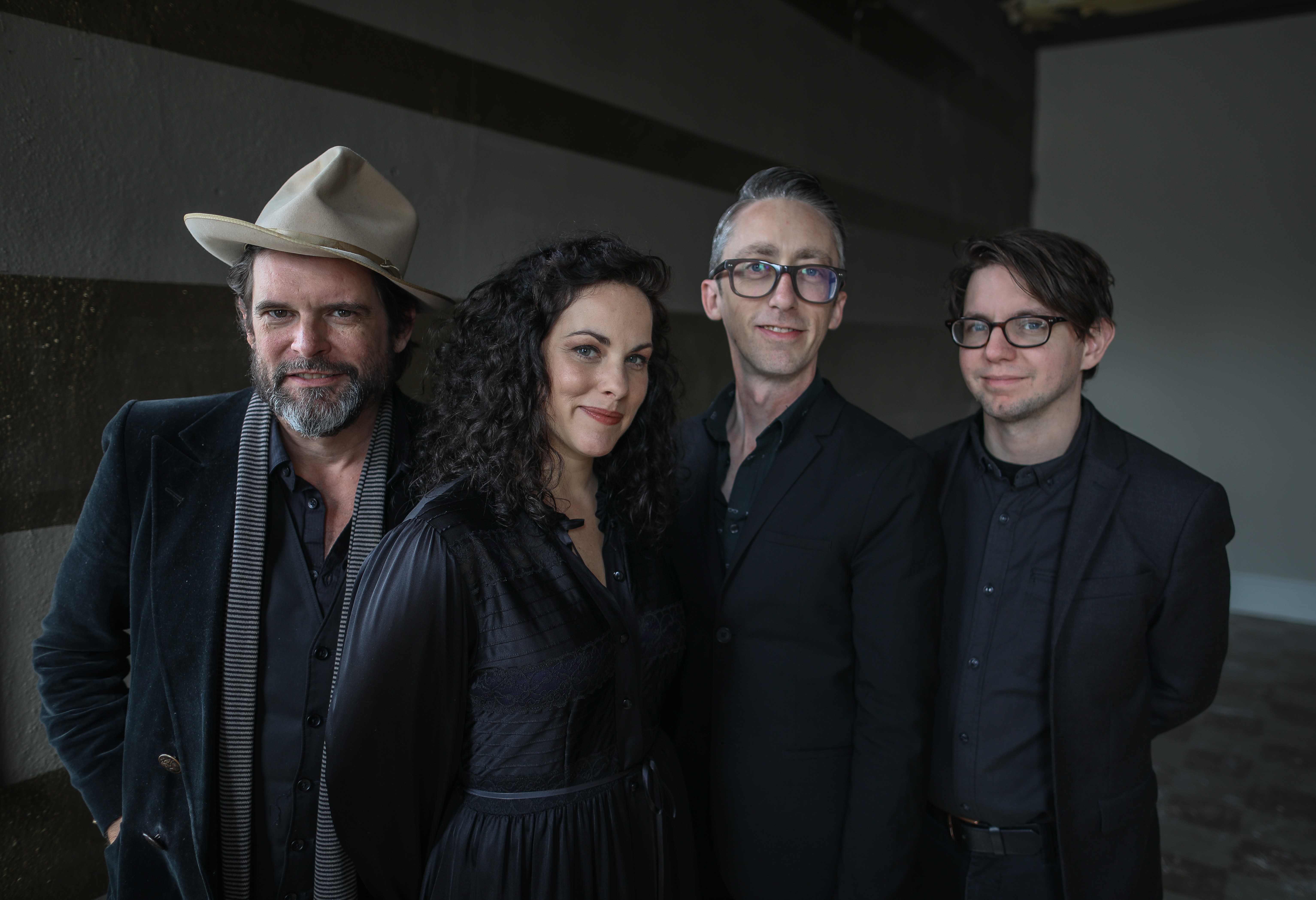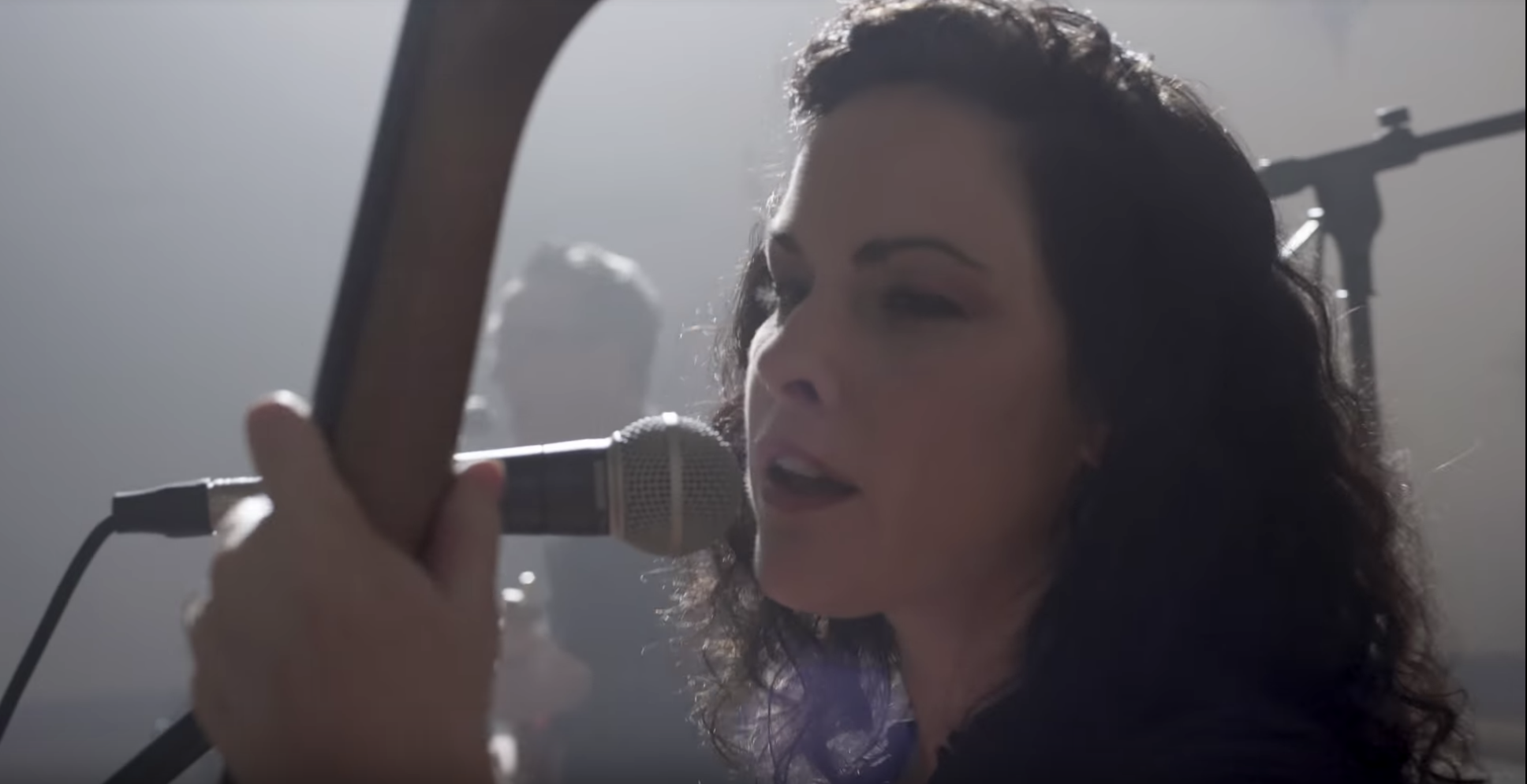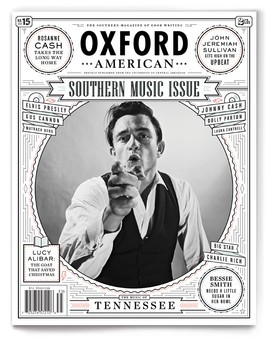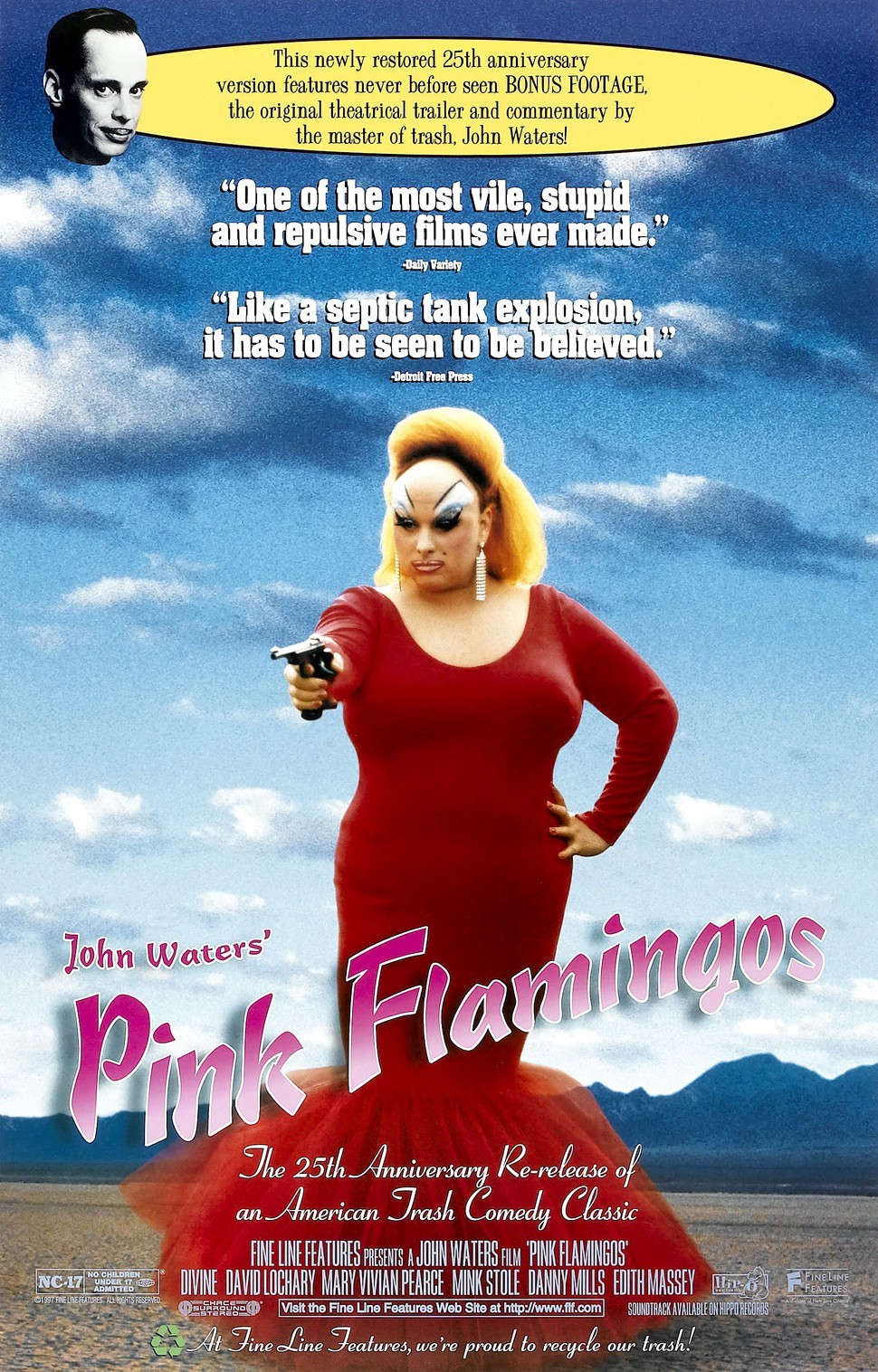 Jamie Harmon
Jamie Harmon
Motel Mirrors
Today marks the long-awaited release of twin records by both John Paul Keith (Heart Shaped Shadow) and Motel Mirrors (In the Meantime), the latter being Keith’s side project with Amy Lavere and Will Sexton. The latter group’s record features the lovely blend of harmonies between Keith and Lavere, tending toward the country side of life, love and loss, though with dips into rock ‘n’ roll, country/folk rock and the New Orleans groove. Keith’s new record is even more eclectic, venturing into all of the above as well as soul and the Bakersfield sound. More than ever, his voice has matured into a nuanced instrument with rich hints of a young Roy Orbison. It’s been ages since we’ve heard new material from either group, so fans of their shared take on classic roots sounds should turn out in force at their dual record release party tonight at Railgarten. I spoke with John Paul Keith a bit about how these records came together and the way they changed his approach to songwriting.
Memphis Flyer: It seems like you’ve had the songs from your new album in your live set for about a year.
John Paul Keith: Yeah, the record’s been in the can for almost a year. It just takes insane amounts of time to get product released. I don’t have management and it’s just moving a boulder uphill by yourself, all the time. And I paid for it all myself, when I had a little bit of extra money where I could afford to go in the studio. We broke it up into two tracking sessions, and then two or three mix sessions, just whenever I had a little money, you know? On the cheap.
Are these self-released?
No, they’re both coming out on Last Chance Records out of Little Rock.
Is there anything new in your approach, compared to your earlier records?
Well, this is the first one I’ve made without the 145’s, Al Gamble, Mark Stuart and John Argroves. My other three records were with those guys. So this one I wanted to do a little differently. At that point, none of those guys were in my live rotation anymore. Just by circumstance. And at that point, Shawn Zorn was playing in my live band most of the time. He started out as the Mirrors’ drummer, and ended up being my drummer, too. So I thought since I had a bunch of different guys I was playing live with, I would just shake it up and do it differently. And just do different guys for different songs. So it was different that way.
And the Mirrors record was kind of a creative breakthrough with me. I hadn’t had a record in five years, and I didn’t know what I wanted to do. I started making the Mirrors record with Amy & Will, and it’s the first time I’d really worked with Will, or written songs with Will, or been in the studio with him. And that was kind of a creative breakthrough for me, where it broke this creative logjam I had. I had written a batch of songs that weren’t very good, and that had delayed my next record. I just didn’t know where I was going, musically. And then we did the Mirrors record and I felt like I knew what to do next.
So I asked Will to produce my record and we just kinda kept going. We did both in Scott Bomar’s studio, and it’s a very similar group of people. Will is on most of it, Shawn is on most of it, Amy plays bass on a couple songs on my record. One of the songs on my record was going to be on the Mirrors record. We cut it on those sessions, and then ended up shuffling it to my record. So it was kinda like one long session in a way, broken up over a two year period.
I take it that you wrote all the stuff on your record. Is the Mirrors record very collaborative?
Basically, because Amy & Will had a really busy tour schedule, we only had a week to get material together and a week to track it. We’d already booked the time. So when they got off the road we realized we only had a short time to get the material together. So I would just go over to their house every evening, and we’d sit in their kitchen. They had two or three that they had been writing, and I had two or three that I had been writing, but we didn’t have enough. So we wrote a few things together and just pulled it together. I’d say it’s about half separate compositions and then half collaborations of some kind. And then there’s one cover on there, “The Man Who Comes Around,” an old Western Swing tune.
Oh, I wondered about the reference to the Fuller Brush man, who “comes around to sell a brush.”
Yeah, and the ice! The ice delivery is mentioned in that song. Pre-refrigeration, that song!
So one of those nights while we were writing, we got the text that our friend Josh Benton had died. That’s where the song “Funerals in New Orleans” came from. And we ended up dedicating the record to him. He and I were born two days apart. My birthday’s July 1st, his is July 3rd, and we both turned 40 that year. He was having a birthday party on the 1st at Bar DKDC, which happened to be my birthday, and he asked me if I’d play, and that’s where that line, “You’re party spilled into my show” came from. I wasn’t going play on my birthday, but he asked me to, and we said, “Okay, we’ll make it into a double birthday party for us both.” So we did it, and then he was dead about two weeks later. I ended up playing his wake in the same bar, about three weeks after I played our fortieth birthday party.
So it kinda did a number on my psyche.
 Matt White
Matt White
John Paul Keith
It was that whole period…I got divorced in the middle of making my last record, Memphis Circa 3 am, and one of the reasons I haven’t been able to get a record out in all this time is that I was going through a personal crisis during all that time. And with Josh dying right in the middle of making the Mirrors record, that was kind of the lowest point, honestly. And so once we got through the Mirrors record, I knew exactly what I needed to do. I knew what kind of songs I should be writing and how to express things more fearlessly and to trust in the stuff that’s hard to say sometimes. Sometimes the stuff you don’t really wanna reveal is the stuff that, as an artist, you need to be revealing.
Now, time’s have changed in the time it’s taken me to get this record out, you know? From the writing to the release of this record, there have been these big cultural changes. I thought Hillary Clinton was gonna be president when we started these records. Trump won after all of it was written and a lot of it was recorded. The Mirrors was completely in the can. So I have no topical songs or anything. And I don’t really write topical songs either. That’s just not my forte. That’s never something I’ve been successful at. But I’d like to be better at it. I think we’re all gonna have to be better at it if we wanna be artists who create work of worth.
But that vulnerability is timeless. Reaching into yourself more… “Blue on Blue,” from the Motel Mirrors record, for instance.
That was a song Will and I wrote together. And that song was a total surprise. I remember very clearly writing in the van with Amy, years ago. I remember having this conversation about how I try not to use the word “love” in songs. It’s just something I try not to do. I try to say it another way, or veil it in metaphor, or whatever. It’s because I was coming from a place where I was afraid to reveal things. I had been in an unhappy marriage for a long time, and it’s kinda like the John Lennon “Norwegian Wood” thing: you don’t wanna write things that upset your spouse or that cause problems in your personal life. Or I’d try to be clever, and witty, and it’s kinda cynical to do that.
And the thing I got out of the Motel Mirrors record was that Will and Amy put a stop to that. With the songs they were bringing, they were expressing stuff that was very vulnerable. And deeply personal, like the title track, and everything Will writes is that way. So when we were sitting down to write, I’d bring certain things in that I felt strong about, and they were like, “Nah!” And eventually I’d show ’em something I wasn’t very confident about and they’d go, “That’s the best thing you brought!” Like “Let Me be Sweet to You,” where I didn’t even know if that was good enough to be on a record, and now that we’ve done it it’s one of my favorite ones on there. But I was afraid to reveal that. I was afraid to express that and for people to see that side of me. Working with Will and Amy made me understand, that’s what I’m supposed to do as a writer. Like the old tune says, “You’ve Got to Live the Life You Sing About in Your Song.”
So that gave me the clarity and the direction and the confidence I needed for the next record. Making the Mirrors record was what got me through the dark period I was going through, but it also got my writing to where I feel like it needed to be. Now I already have enough material for another record, written from that time. And I’m always writing, and I feel good about the future and how writing songs is what I do, it’s how I get through life.
And now I don’t plan on ever taking that long between records again. I want to put out a record every year, every 18 months, as much as I can. That’s just what I wanna do with my life, period.
To circle back, now I use “love” all the time. I was totally wrong when we had that conversation in the van. Now I’m writing all love songs and not hiding anything, just laying it all out there. I also really took to heart this Ernest Hemingway quote about writing. He said, “Write hard and clear about what hurts.” And I have that on a Post-it above my desk, I see it all the time, and I always keep it in mind when I’m writing now.

 Jamie Harmon
Jamie Harmon  Matt White
Matt White 


